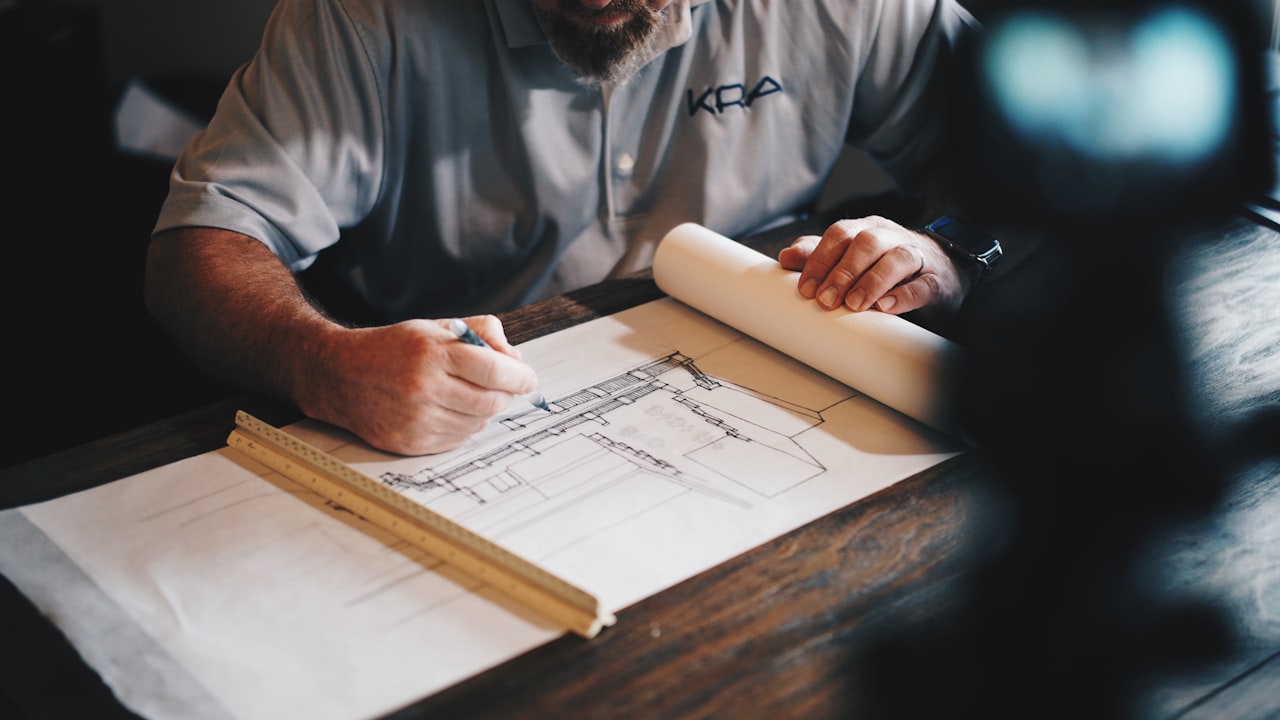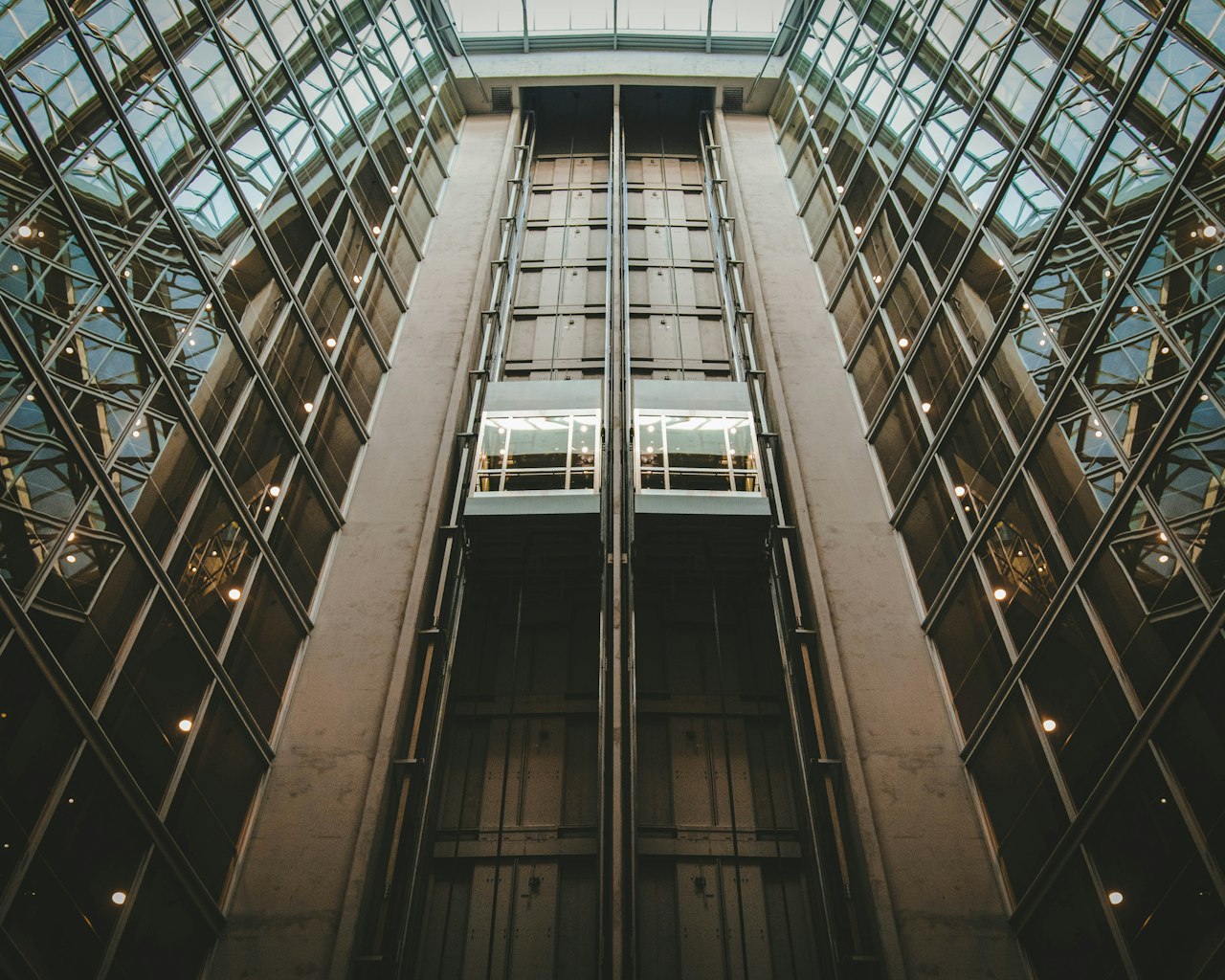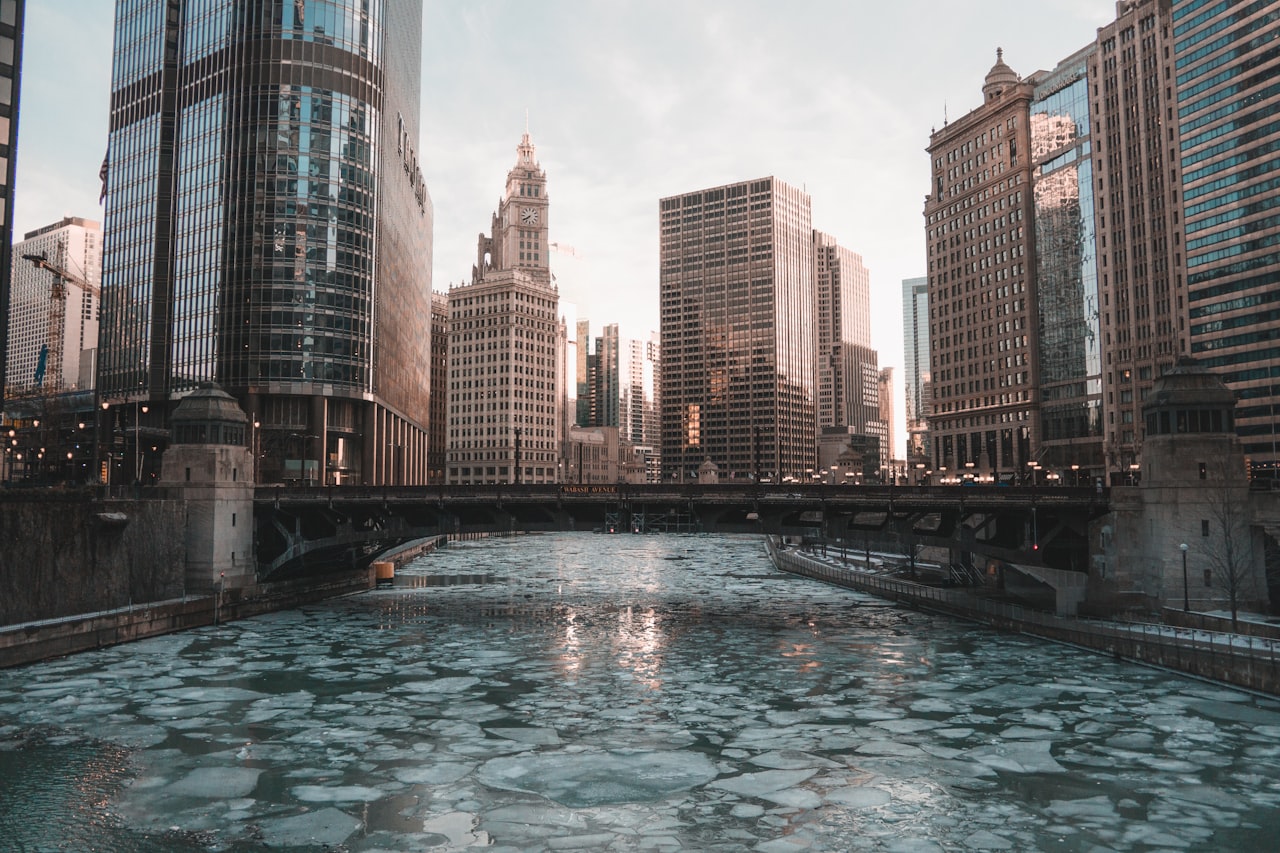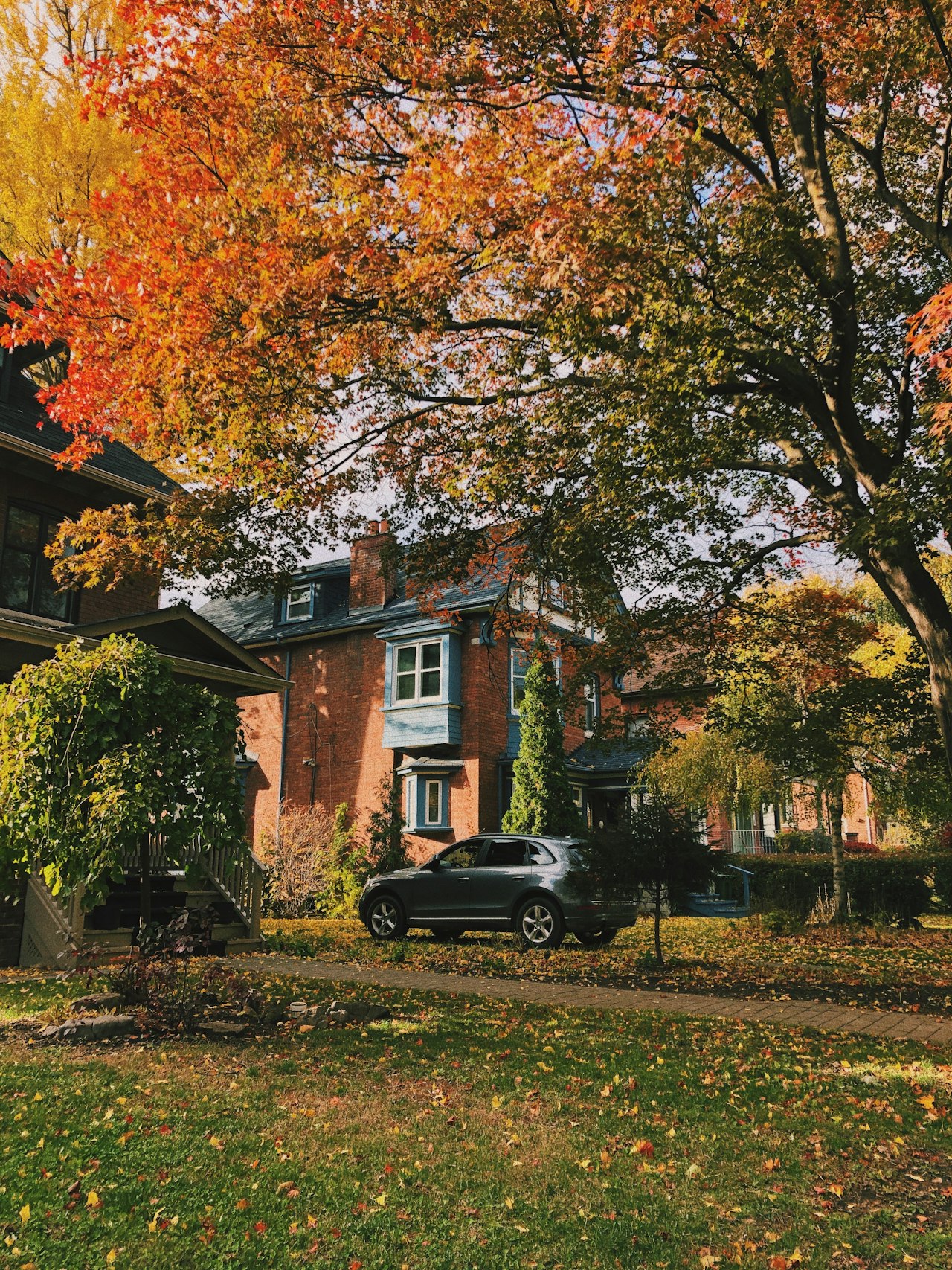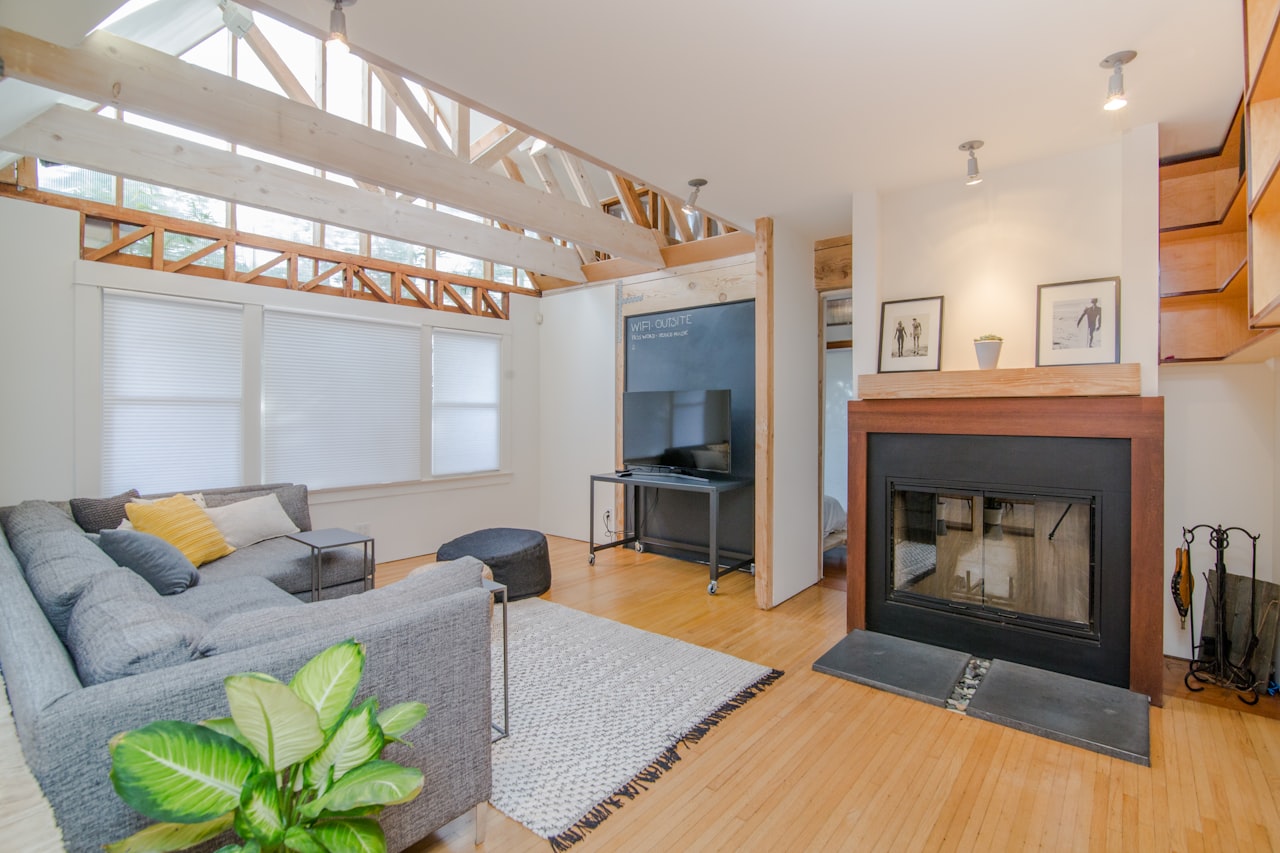When you’re ready to search for a new home, you’ll have a multi-step and ultimately rewarding process in store for you. One of the most important but oft-overlooked steps in the home-purchasing process is the inspection. Given that a home purchase is likely the largest single investment an individual or family will ever make, the home inspection is essential. It is the buyer’s one opportunity to have a professional examine the property and ensure there are no significant deficiencies. But what exactly happens during a home inspection? How long does it take? And what happens after? These are important questions that deserve answers — especially if you’re a first-time buyer who’s never gone through the process before.
The KlopasStratton team supports our clients through every step in the home-buying process — including the home inspection. To help you prepare for this important part of buying a home, here’s a look at everything you need to know about inspections.
The Importance of a Home Inspection
Some steps in the home-buying process are required by law or by a third-party. For example, a mortgage lender isn’t going to provide a loan without an appraisal that confirms the home’s value.
But the home inspection is not required by law or by a third-party. So why are home inspections nearly always completed before a purchase? Because any quality real estate agent is going to insist that his or her client invest in an inspection. As noted above, the inspection is the buyer’s one opportunity to have someone knowledgeable examine a home’s major systems, vital components and structural integrity.
A Home Inspection Checklist
Yes, the home inspection takes a close look at major systems (like a home’s plumbing), vital components (like roofing) and its overall structural integrity.
If there’s a significant issue with any of the components listed above or other potential issues, the buyer will want to know as early as possible in the process. That’s why a home inspection happens most often right after an offer is accepted and before the appraisal is conducted. If the inspection does turn up a serious deficiency, both buyer and seller will want as much time as possible to resolve the deficiencies before closing.
Thankfully, the home inspection isn’t the Wild West. The American Society of Home Inspectors is an association that provides tools and resources for inspectors to use in delivering quality work. The ASHI even offers a handy checklist that outlines all that an inspector should address, including:
- Structure
- Exterior
- Roofing
- Plumbing
- Electrical System
- Heating
- Air Conditioning
- Interior
- Insulation/Ventilation
- Fireplaces (or other Solid Fuel Burning Appliances)
Use the link above to look at the checklist and see specifics on what inspectors look for within each general category. For example, the inspection of a home’s structure includes examination of the foundation, attic and crawl spaces, as well as a home’s floor, wall, ceiling and roof structures.
A standard home inspection does not include swimming pool inspections, termite inspections, air-quality inspections or sewer pipe inspections. However, the buyer can often add these services if needed. For example, many homes built just after World War II feature Orangeburg sewer pipes, which were made of wood fibers and hot tar due to a shortage of cast iron. A video inspection of the sewer pipe will indicate if a home includes Orangeburg pipe — as well as what shape it’s in.
How long does all this take? Carve out between 2 and 4 hours for a home inspection. The larger the home, the longer it may take. As a buyer, you should always be on-site during the inspection. This allows the inspector to explain problem areas in detail and show you first-hand where issues are located.
Inspection Timeline
As mentioned, the inspection generally takes place quickly after offer acceptance, and the actual inspection takes place over the course of a single morning or afternoon.
Shortly after the inspection is complete, you will receive that will outline any safety issues present in the home, as well as defects broken down into three categories — minor defects, major defects, and safety hazard. The inspection report should also include recommendations for what needs immediate attention, what is good enough for now, as well as what the buyer should keep a close eye on in the months to come.
In most cases, buyer and seller can negotiate concessions around defects that emerge during the home inspection. The buyer still wants the house, in most cases, and the seller still wants to sell as quickly as possible. It’s in both parties’ best interests to negotiate and keep the transaction moving forward.
After the inspection has been completed the buyer receives the detailed report. At this time the buyers make their decision on the condition of the property based on concrete knowledge and information. The Inspection is really an education of your future home – how it works and what is required to maintain it. If the inspection uncovers defects that you feel are beyond repair or your comfort level, it is at this time, the buyer makes the decision to proceed with the transaction or not.
Make Sure Your Home Purchase Goes Smoothly
The KlopasStratton team is helping clients coordinate home inspections each and every week. If you’re looking for homes for sale in Chicago, the KlopasStratton team can ensure you have experience and knowlege on your side when you make for final choice. Contact us today to learn more about home inspections and how to make the most of your home purchase in the Chicago area.














































































